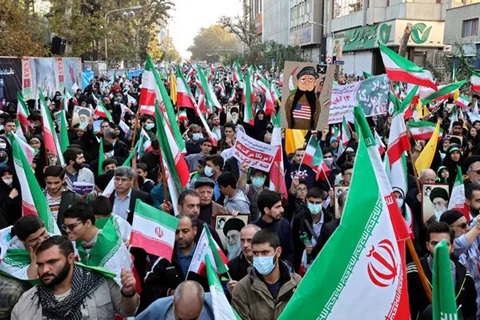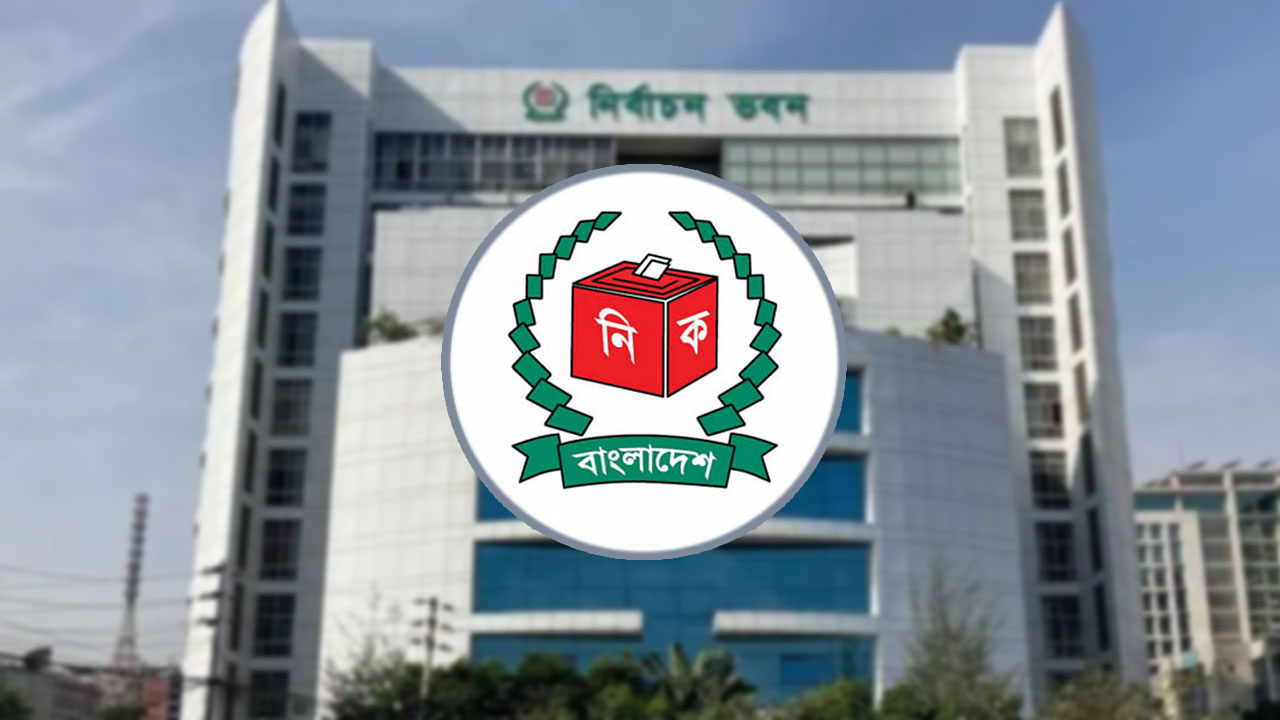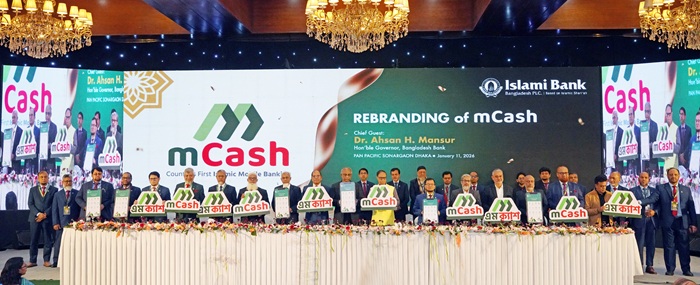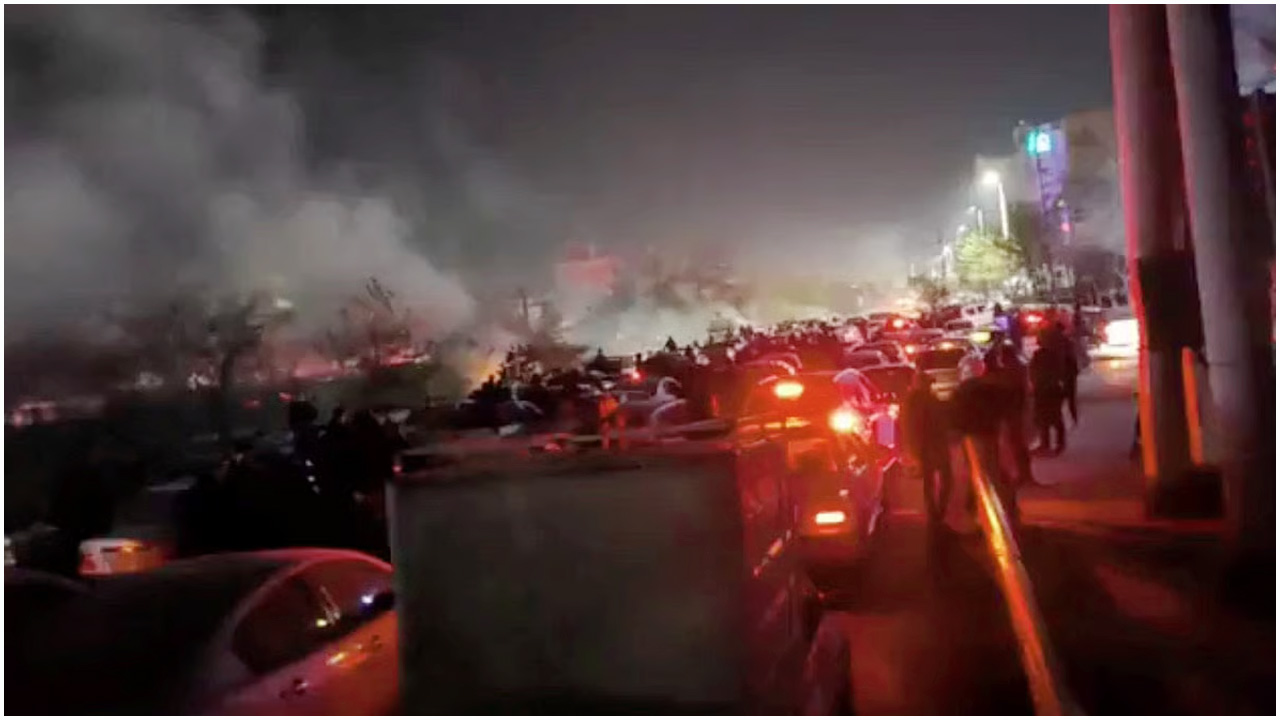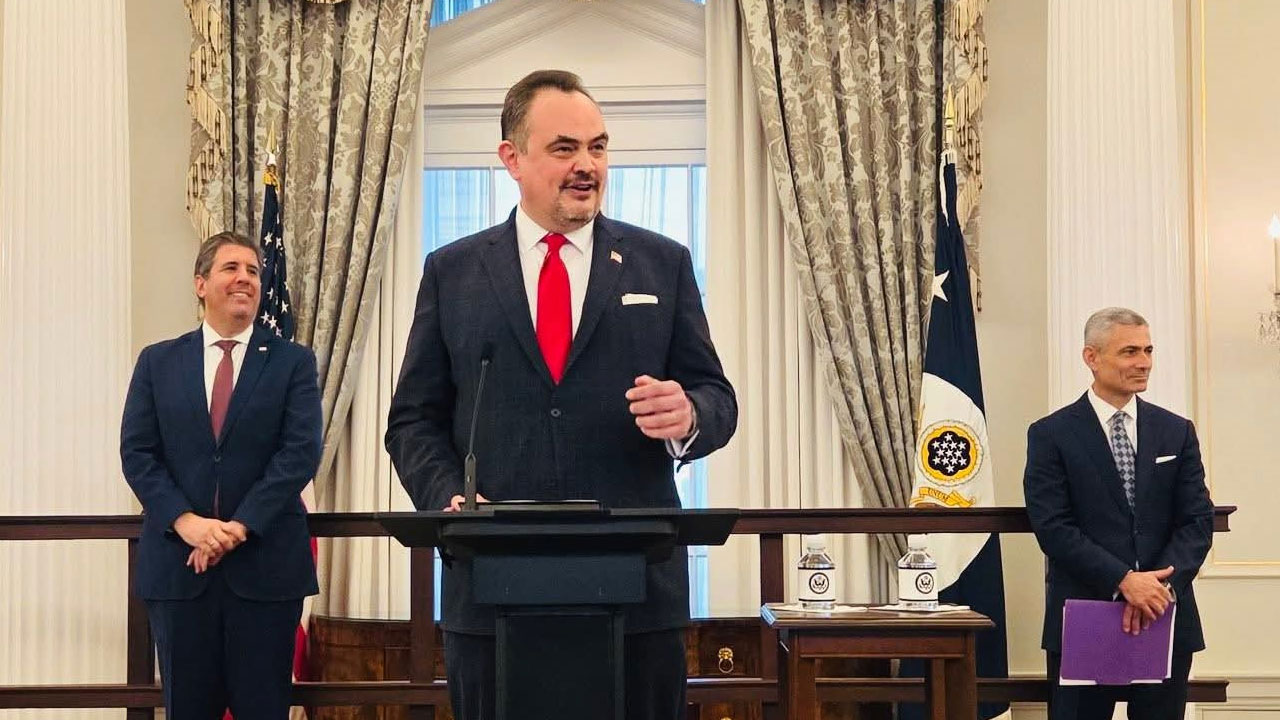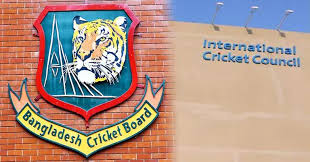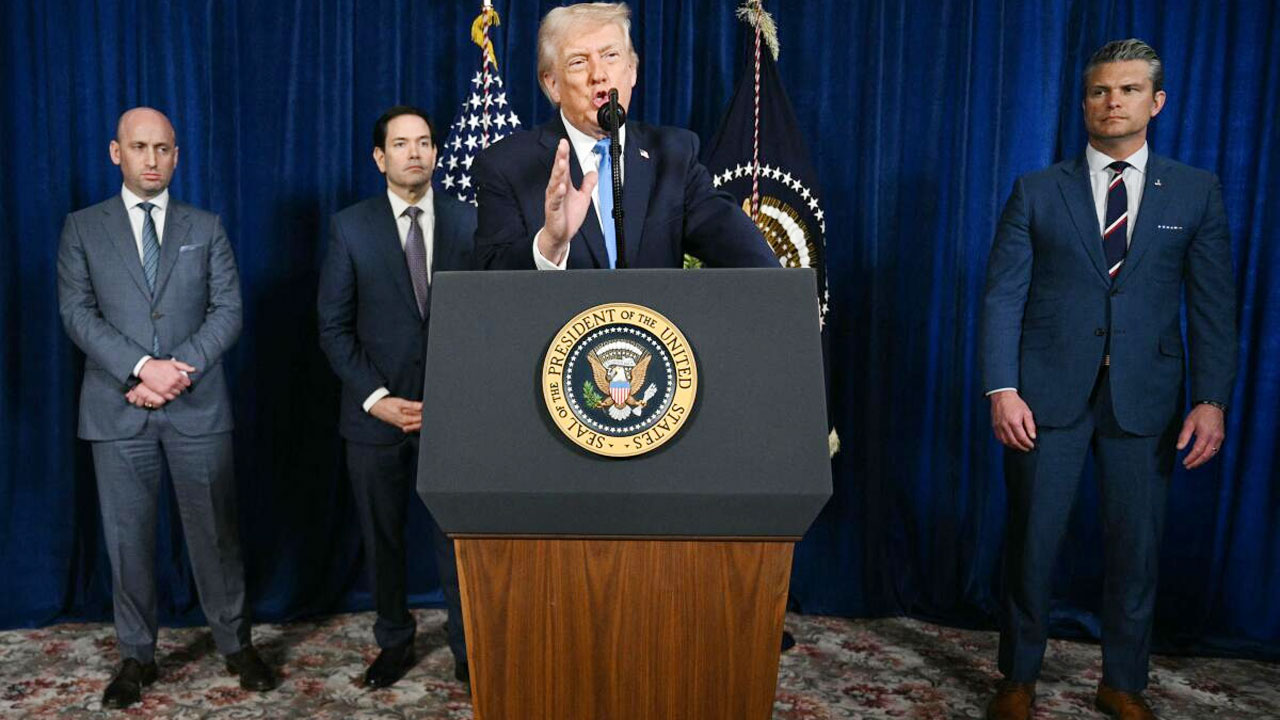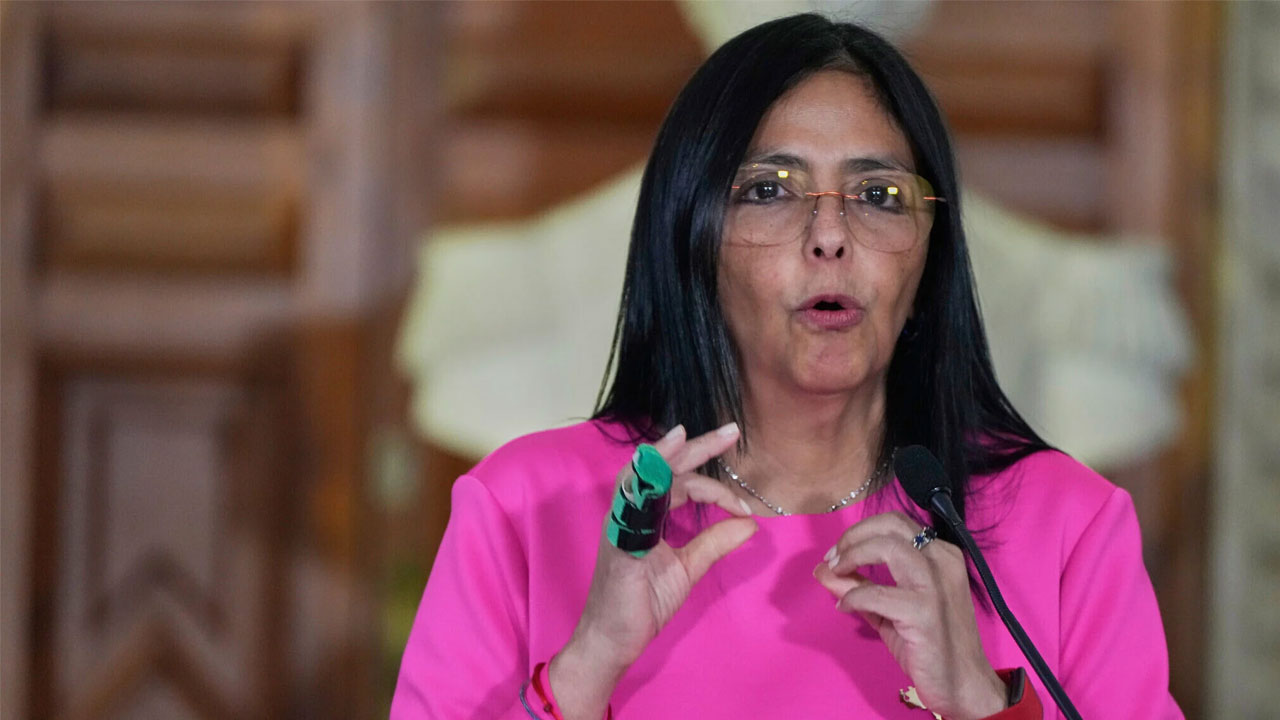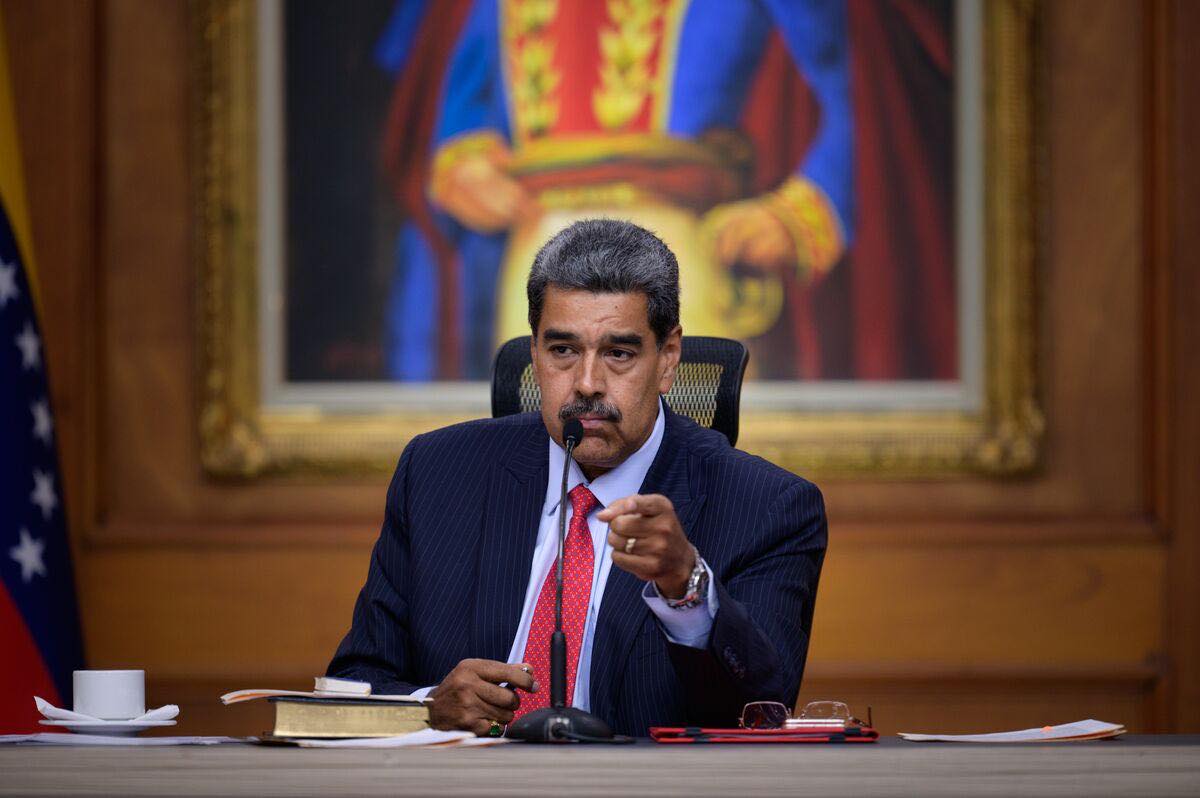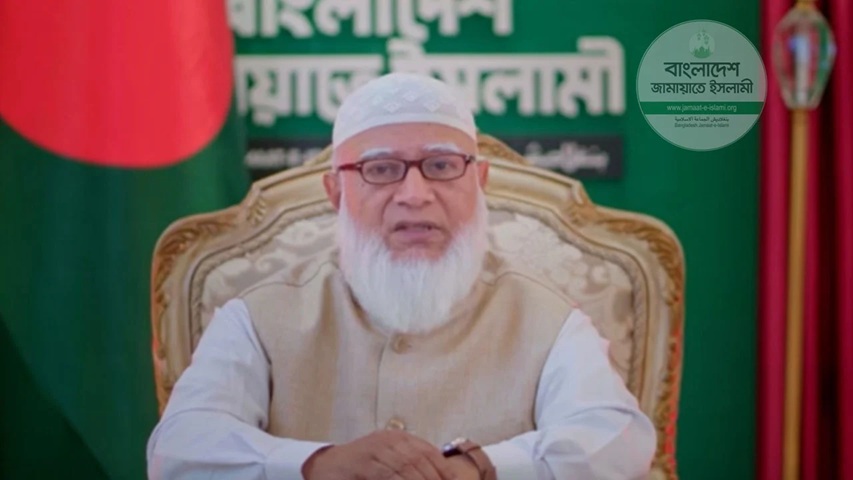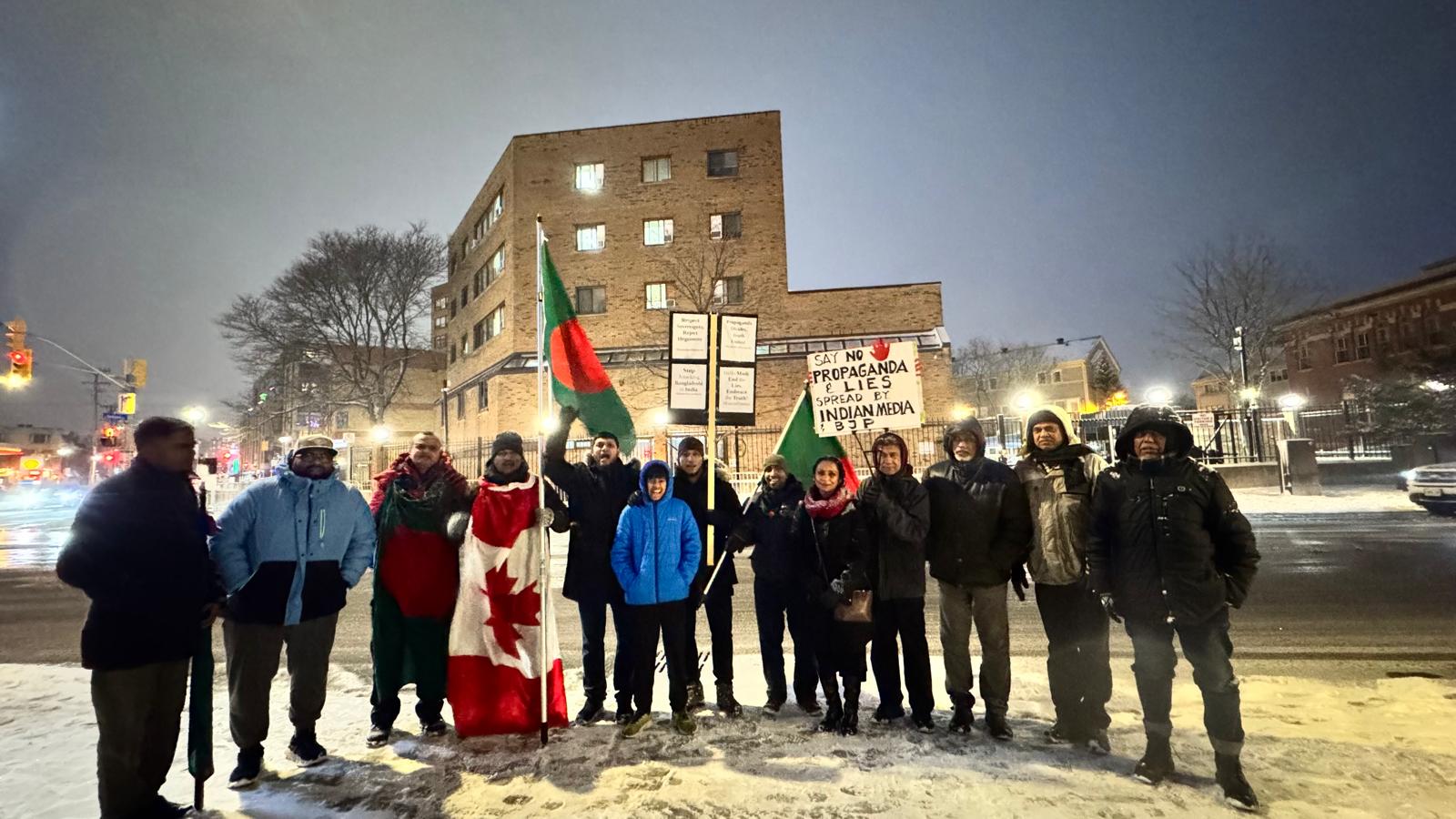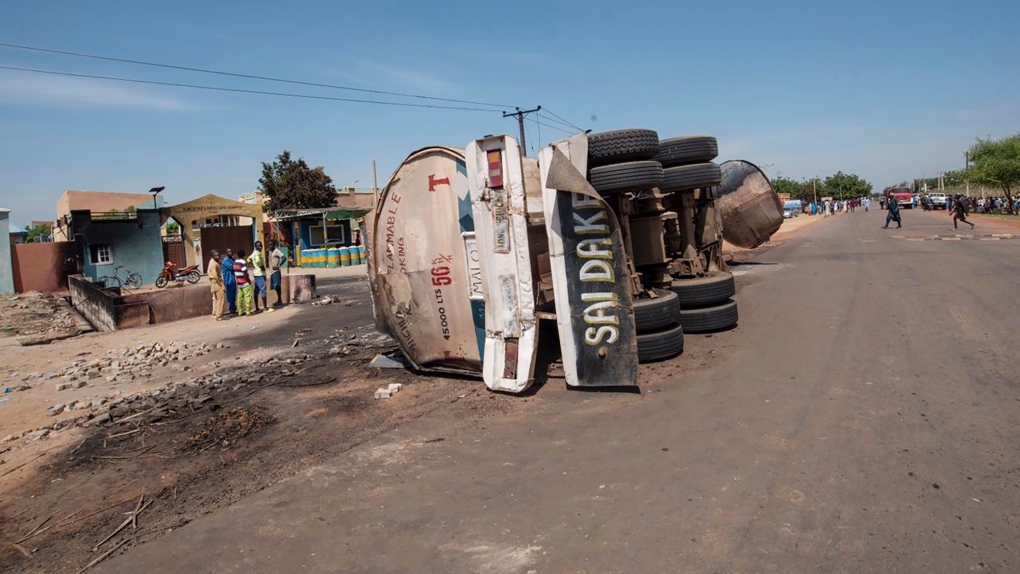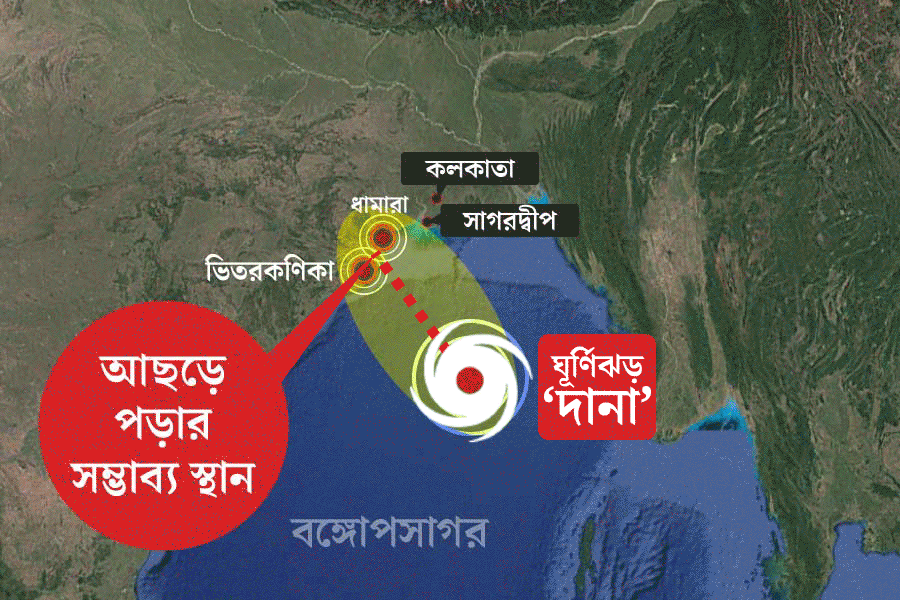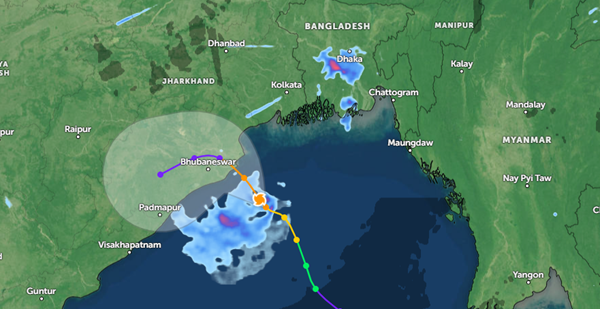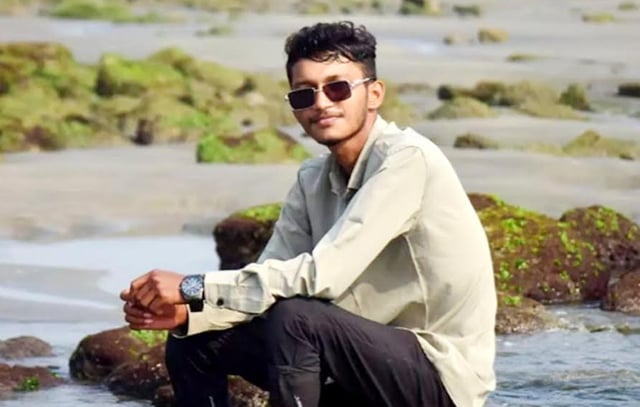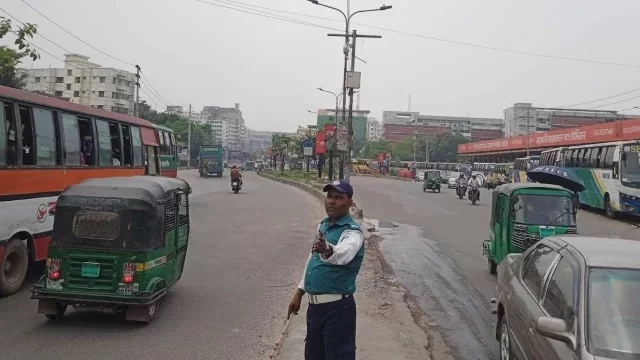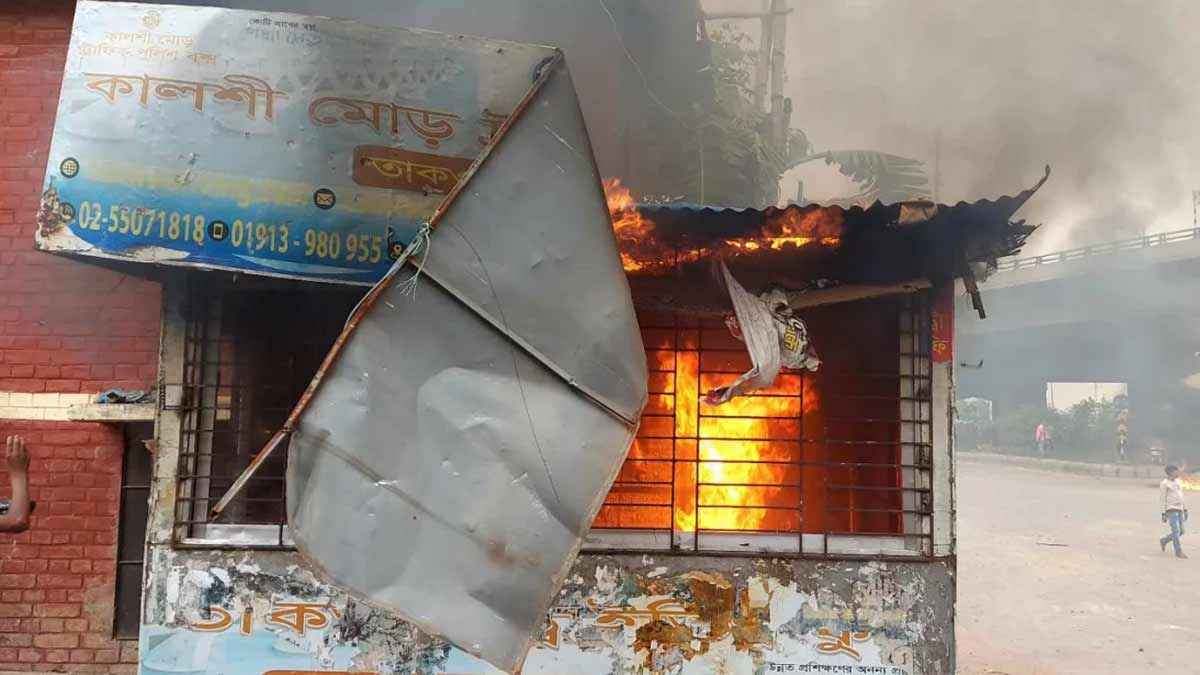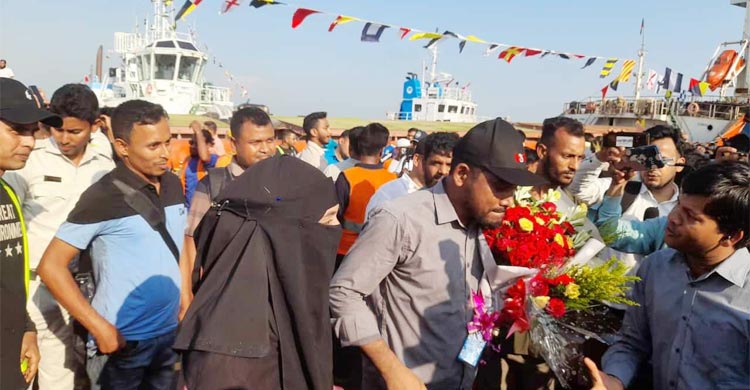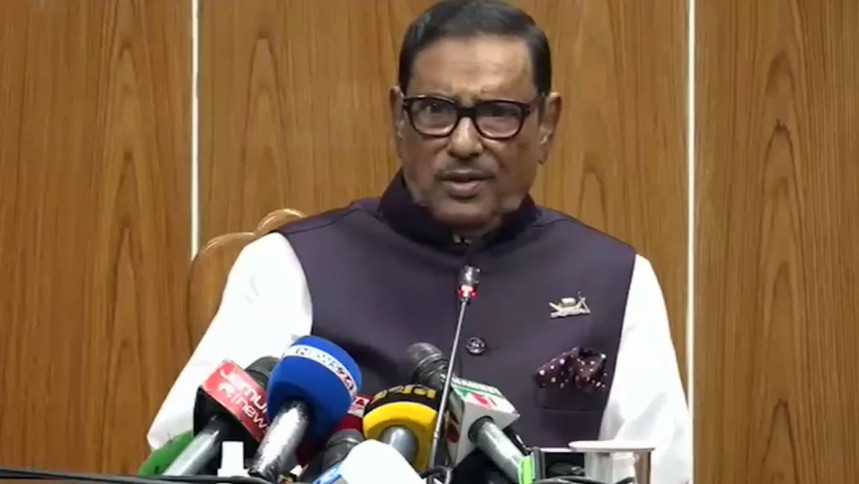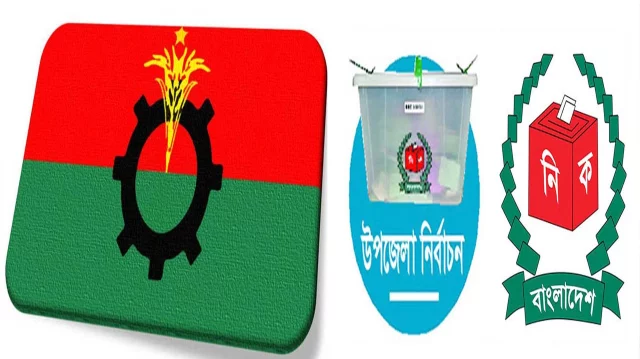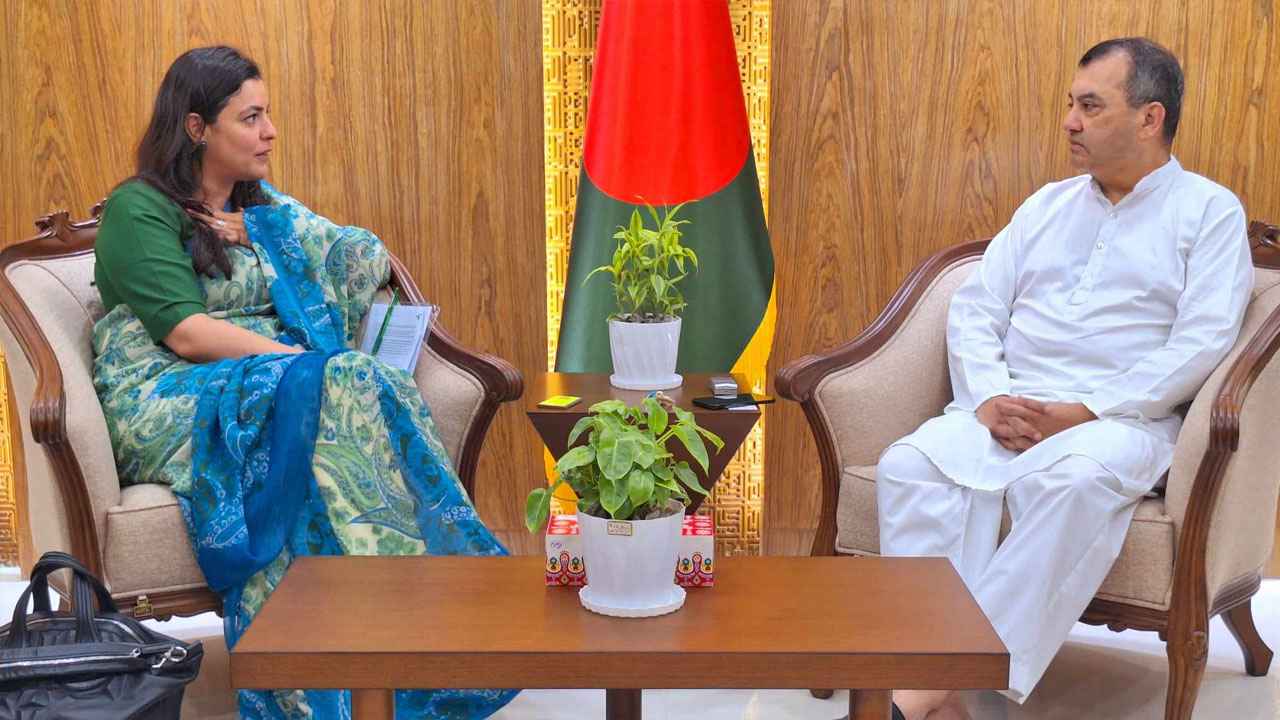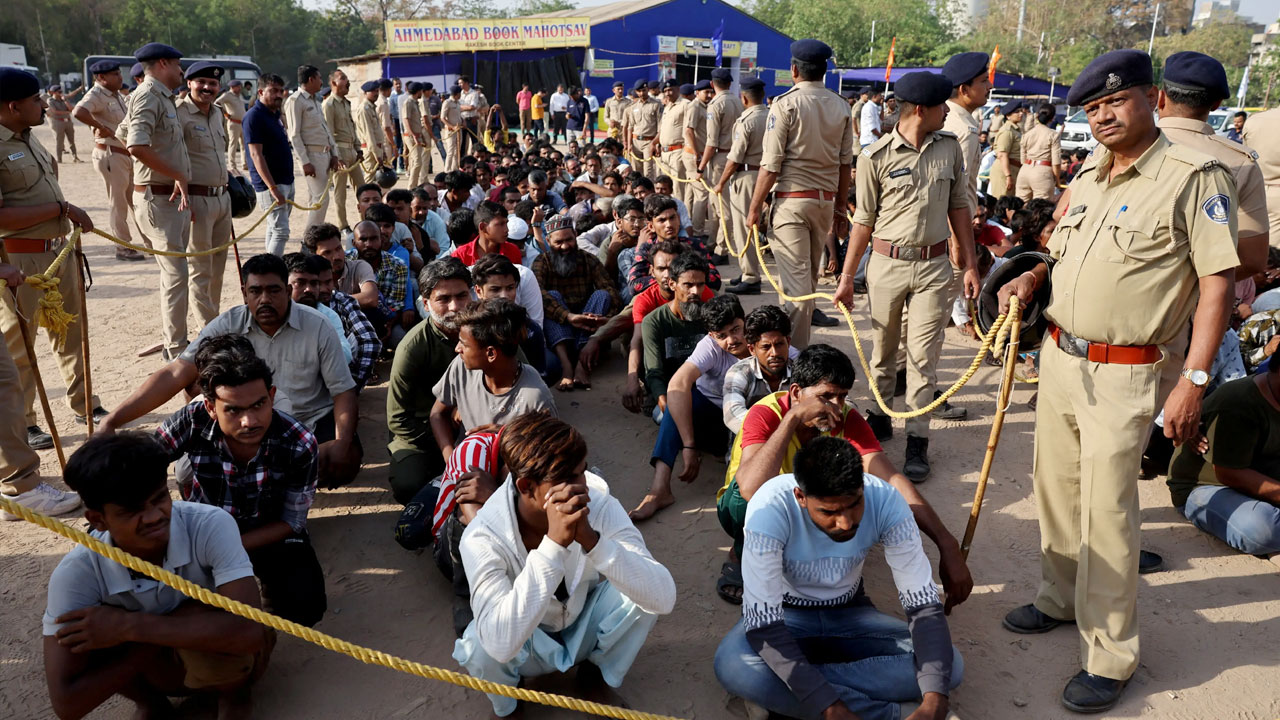
The Indian government has illegally deported hundreds of ethnic Bengali Muslims to Bangladesh in recent weeks, the international human rights organization Human Rights Watch (HRW) has alleged.
The organization claims that these people were identified as 'illegal immigrants' and sent to Bangladesh without following proper legal procedures.
The New York-based organization said in a report released on Wednesday that many of the deported Bengali Muslims are citizens of states bordering India and Bangladesh. The central government, led by the Bharatiya Janata Party (BJP), has intensified this deportation process since May 2025.
Human Rights Watch says, “India’s ruling BJP is fueling the fire of discrimination by indiscriminately expelling Bengali Muslims from the country, not excluding even those who are genuine Indian citizens.”
"The way the government claims to be preventing 'illegal immigration' is not credible, as it does not even respect minimum legal rights or international human rights standards," said Elaine Pearson, the organization's Asia director.
According to Human Rights Watch, in June it interviewed 18 victims and their families from nine incidents, including Indian nationals who were deported to Bangladesh and later returned to India. It wrote to the Indian Home Ministry on July 8, but received no response.
Although India has not provided any official information on this matter, the Border Guard Bangladesh (BGB) said that between May 7 and June 15, India has sent at least 1,500 Muslim men, women and children to Bangladesh. Of these, about 100 are Rohingya refugees. The process of sending them back is still ongoing.
The report said that most of the poor Muslim migrant workers from BJP-ruled states such as Assam, Uttar Pradesh, Maharashtra, Gujarat, Odisha and Rajasthan have been detained and handed over to Indian border guards.
In many cases, there have been allegations that the Indian Border Security Force (BSF) has used threats, beatings and threats of force to force detainees to return to Bangladesh. Some people have later been able to prove that they are Indian citizens and the Indian government has been forced to take them back.
Police began harassing Muslims after attacks on Hindu tourists in Jammu and Kashmir last April.
In addition, in May, about 100 Rohingya refugees were sent back to Bangladesh from Assam. The United Nations even said that India sent another 40 Rohingya to the sea and told them to swim to the Myanmar coast with life jackets. The UN special envoy for Myanmar, Tom Andrews, called it a “gross violation of humanity.”
Andrews called it a direct violation of the principle of non-refoulement, an international principle that states that no one can be sent to a place where their life or freedom would be threatened.
Earlier, Bangladesh's Foreign Ministry wrote to the Indian government on May 8 that such 'push-ins' were unacceptable and only those specifically identified as Bangladeshis would be repatriated through a formal process.
India's Supreme Court refused to block the deportation of the Rohingya in early May, saying they could be deported if they were not Indian citizens. On May 16, the court dismissed the idea of the Rohingya being pushed into the sea as a "beautifully crafted story," although the government has not officially denied the incident.
Human Rights Watch says India's actions violate international human rights law, the Convention on the Elimination of Racial Discrimination, and international human rights treaties. Anyone deported must be given the right to be informed of the reasons, assistance from a lawyer, and the opportunity to appeal the decision before being deported. Those detained should also have access to food, medical care, shelter, and special provisions for vulnerable groups such as women, children, the elderly, and the disabled.
